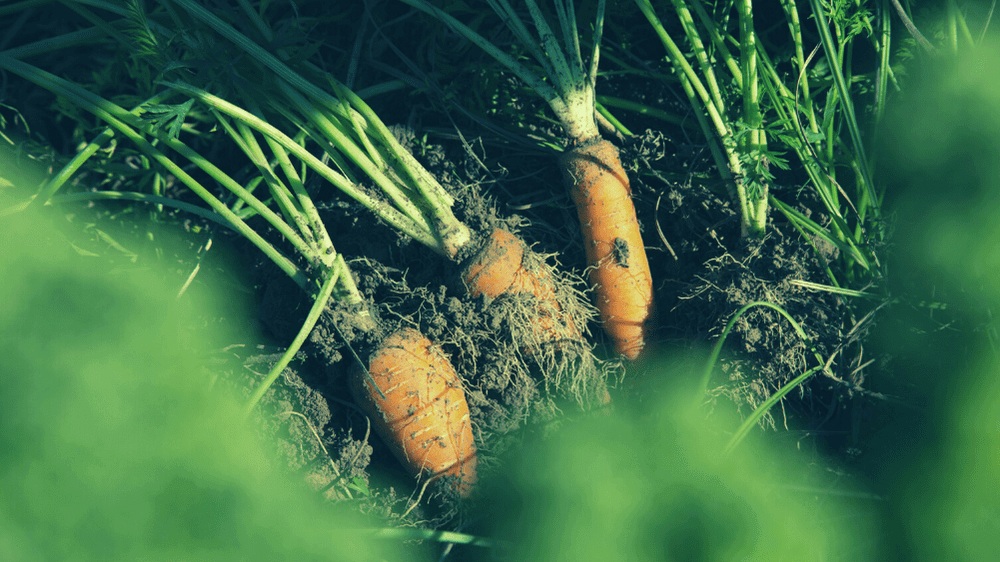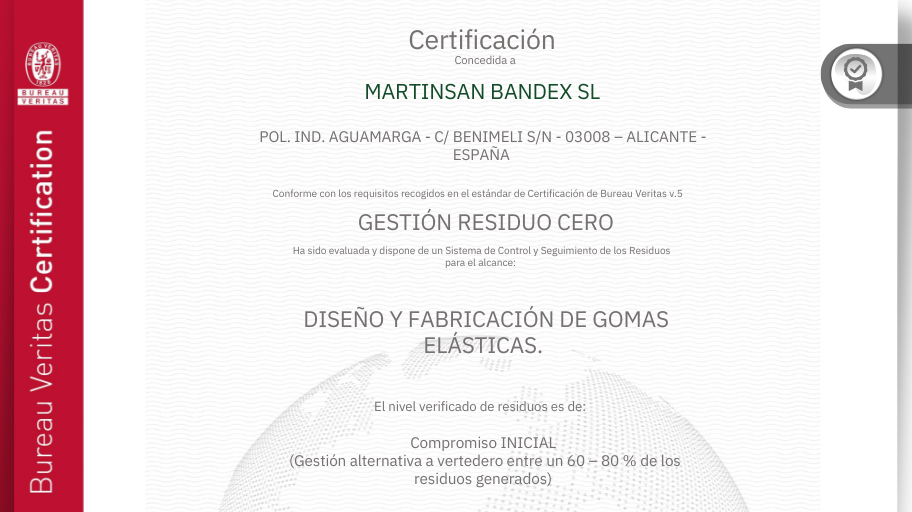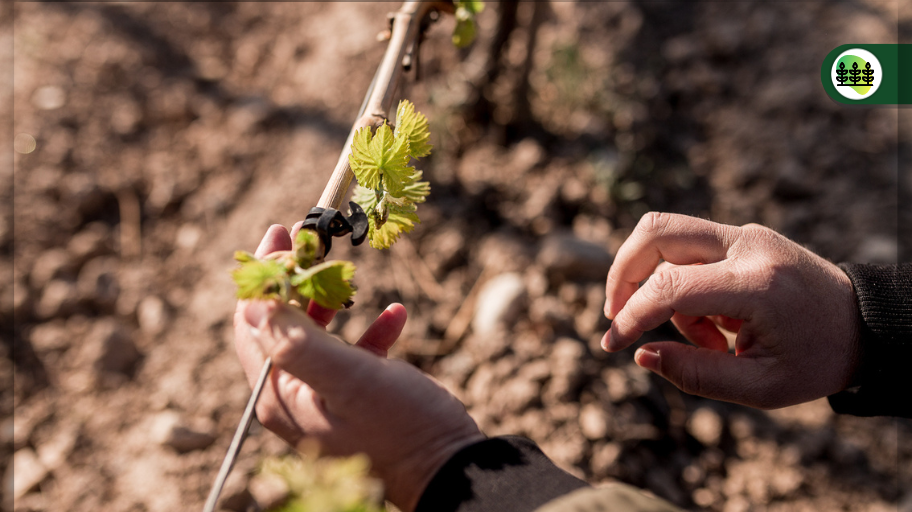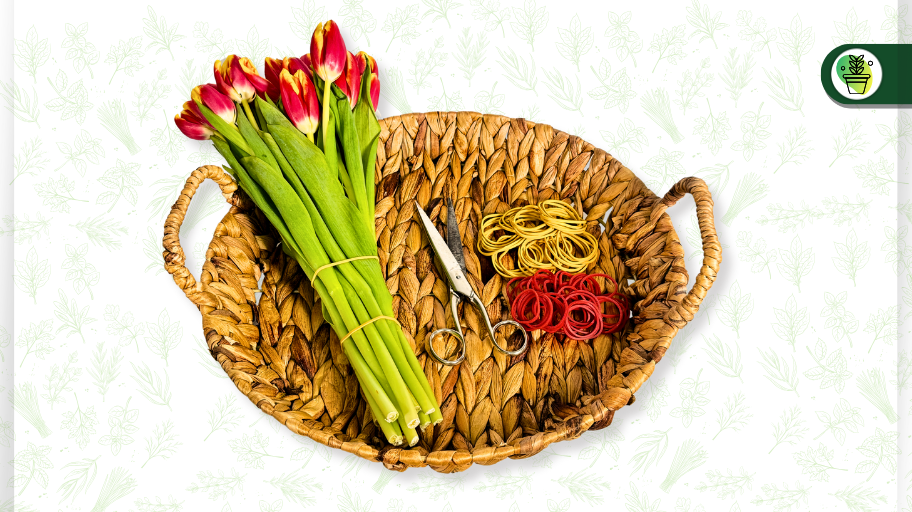The pandemic has reinforced the idea that food is a tool we have to feel better and, together with other factors, has helped us to take much more care of everything we eat. Spain ranks first in organic farming area in the European Union and third in the world behind Australia and Argentina.
In 2019, the certified organic area in our country stood at 2,354,916 hectares, which means that 10.24% of the national useful agricultural area (UAA) is already organic. We are talking about a market whose value reaches 2,300 million euros, and in which 49,918 organic operators work.
This is the result of decades of work in which organic production, in its 30 years, has evolved by solving problems that have been encountered during his career.
The organic sector in Spain
“The organic sector in Spain is going through a very good moment of life, consumption records are being set year after year, although it is true that it is far from other European countries,” says Diego Roig, director of Ecological, consulting companies and organizations Bio.
As we start from a much lower level, the growth is higher than in other countries. “The consumption of organic food is growing, by 7.7% compared to the previous year. Between 2 and 3 euros out of every 100 euros spent on food are invested in organic products, and the Spanish spend an average of 50 euros a year on these certified foods,” says the consultant.
But the European average per capita consumption is 80 euros and in countries like Sweden and Switzerland reaches 330 euros. That is why, in Spain, there is still a long way to go in terms of consumption.
The market
The consumption of organic products is growing at a double-digit rate in Europe. “It’s going like a rocket,” said Diego. The EU, with 38,000 million euros, is the second largest market for organic products in the world, after the U.S. (44,700 million euros) and ahead of China (8,500 million euros.
Within Europe, the most important market is Germany, with 12,000 million euros, followed by France, with 11,000.
The EU will spend 50 million euros in 2022 in promotion to increase awareness of organic agriculture among the population and thus stimulate demand. And, for their part, the governments of the various Member States are required to encourage organic farming in their Strategic Plans of the CAP. In fact, this has been one of the recommendations that the European Commission has made to Spain for the drafting of its national Strategic Plan.
The first investments are already being made in Andalusia.
The Ministry of Agriculture will have agri-environmental aid under the Rural Development Program worth 135.2 million euros during 2022. This has been highlighted by the counselor, Carmen Crespo, who recalled that “these aids are intended to contribute to the improvement of sustainable environmental management of farms in Andalusia”, insisting that “this achieves a more environmentally friendly production, also betting on organic farming in which our community is a national leader.”
Challenges of the sector
Loyalty does not come from the brand, but from the product, which is why there is an important opportunity for the development of SMEs and agri-food cooperatives. Consumption growth is sustained and constant, with very encouraging figures. There are more and more, more and more varied consumers.
The Spanish Association of Organic Processors and Marketers (Asobio), which is only a year and a half old, also sees a great business opportunity in this market in which Spain is still behind many countries.
“The pandemic has highlighted all that is healthy and organic is part of it. There is still a long way to go and a lot of work to be done,” acknowledges Ignasi Aguilló, head of communications at Asobio. He believes that there is still confusion about what is an organic product and looks very favorably on the MAP campaign to encourage the consumption of these products, in which all associations have participated.
All industry players think that it is doing a good monitoring in the process of developing these products, which is all very controlled, and Aguilló recalls that this is necessary “for the consumer to know that what is paid is organic” and the value it has. He assures that there is a very young consumer sector that adds to the organic, and also the elderly.
Organic production has multiple benefits. Normally, they are seen in the environmental field, health or encompassed in agriculture, but it is really transversal.
It gives benefits to the economy because we have an added value; benefits to health because we bring this factor to people; benefits to the environment because we are capturing more CO2. In addition, we are also talking about the structuring of the territory and rural territory. And also work, with 30% more.
Aware of the importance of this sector, our natural rubber bands suitable for food contact are the ideal solution for tying the product stems and holding its leaves, thus preserving the humidity and maintaining its freshness. The grouping of the product by tying the elastic band facilitates the appropriate presentation for the final consumer.
Besides being reusable, it is an organic product: made with 100% natural rubber. Receive your free sample, leaving us your details HERE




